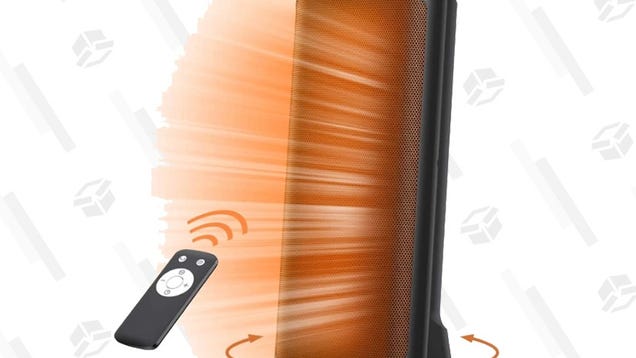
If the NFL owners and front office thought that adding Lift Every Voice and Sing to the pre-game program would mollify more players than it put off fans, they were likely wrong on both counts.
Given the powerful video put together by Dolphins players and their head coach to explain their reluctance to be on field for the cameras for yet more reverence theater, and the Texans’ decision to stay in the locker room before the game, this NFL-opening Sunday arrives with less settled than ever.
Whether players choose to stand or kneel, each gesture will be captured by the cameras, scrutinized and critiqued.
Or, as the Dolphins put it: “Decals and patches, fireworks and trumpets, we’re not puppets.”
This moment is decades in the making. This starts with the inclusion of the national anthem into many sporting events starting in World War I, continues to John Carlos and Tommie Smith raising their fists at the 1968 Olympics, to the original 9/11, when the seventh-inning stretch began to accommodate America the Beautiful.
Then came San Francisco quarterback Colin Kaepernick’s decision to kneel during the national anthem in order to draw attention to police violence in communities of color, and President Donald Trump’s rallying cry to NFL owners on players who did likewise to “get that sonofabitch off the field.”
Over the years the NFL cornered the market on military displays with all the subtlety of Team America: World Police. They included the pageantry of troops reunited with their families, fireworks and fighter jet flyovers and a side dish of wholesome T&A high-stepping into the stadium on fringed white cowboy boots, where giant American flags were stretched over an entire football field.
No wonder fans in Kansas City booed the Moment of Unity when the Texans and Chiefs came together at midfield on Thursday night. Nothing even exploded!
It’s impossible to imagine fans booing if players had come together after a hurricane or tornado had just ripped through any part of the country. Or for those left homeless after wildfires. But when it comes to Black lives, it seems fans care less about those suffering and more about how it forces them to see the casualties of their privilege.
And now teams are left to debate internally what to do, how to challenge the league, the fans, and each other, and come to some plan that honors the platonic ideal of team unity they’ve been spoon fed — but only when it meets the needs of their employers.
The Dolphins: “Ask the pundits and we shouldn’t have a say. If you speak up for change, then I’ll shut up and play. If we remain silent, that would just be selfish. Since they don’t have a voice, we’re speaking up for the helpless. It’s not enough to act like you care for the troops. Millions get paid for patriotism. You get paid to salute.”

The players were referencing the 2015 revelation that the NFL was paid millions by the Department of Defense to include these displays on gameday. It was a recruiting tool for the military, and the NFL is a business.
Is it patriotic to allow yourself to be part of the financial arrangement set up between the military and the league? Why isn’t it just as patriotic to want the same benefits for Black communities that NFL money affords many of the individuals who play?
Who gets to decide how we define what patriotism is, whether it includes the idea of community building or protecting our elders by wearing masks in a pandemic? These questions are being publicly asked now by the players who have been told for years to stand and be silent.
The most powerful commentary in sports right now continues to come from athletes who have been instructed to shut up and dribble, or catch, or run.
Between the Dolphins’ video and the one released by a number of players, including Super Bowl MVP Pat Mahomes, in the wake of the George Floyd killing imploring commissioner Roger Goodell to listen to them, it’s impressive how effectively these young men are using their collective voices and social media.
It was actually a notable voice in academia, sports and social justice, Dr. Harry Edwards, who suggested Lift Every Voice and Sing should be added to the NFL’s pregame lineup.
It was a suggestion made when the NFL’s solution to Kaepernick was to effectively freeze him out of the league. Kaepernick and teammate Eric Reid eventually settled a lawsuit with the NFL contending just that, but despite starting this conversation the NFL appears willing to have now, it should be noted that neither man has a job in the league this opening weekend.
This moment isn’t without risk. Kaepernick hasn’t taken a snap since 2016, and Black coaches and quarterbacks have historically had fewer opportunities. If those voices lead, they could find temporary support but be similarly frozen out if the mood of these owners shifts.
And so here we are, a pandemic in full flower and the NFL season underway. Who stands, who sits, who jeers, who boycotts — these are as much a question as the winners and losers in the game. It comes from decades of lauding the idea of team, without caring for the communities many players came from.
The Dolphins get the last word. “If we could just right our wrongs we wouldn’t need two songs. We don’t need another publicity parade. So we’ll just stay inside until it’s time to play the game.”













